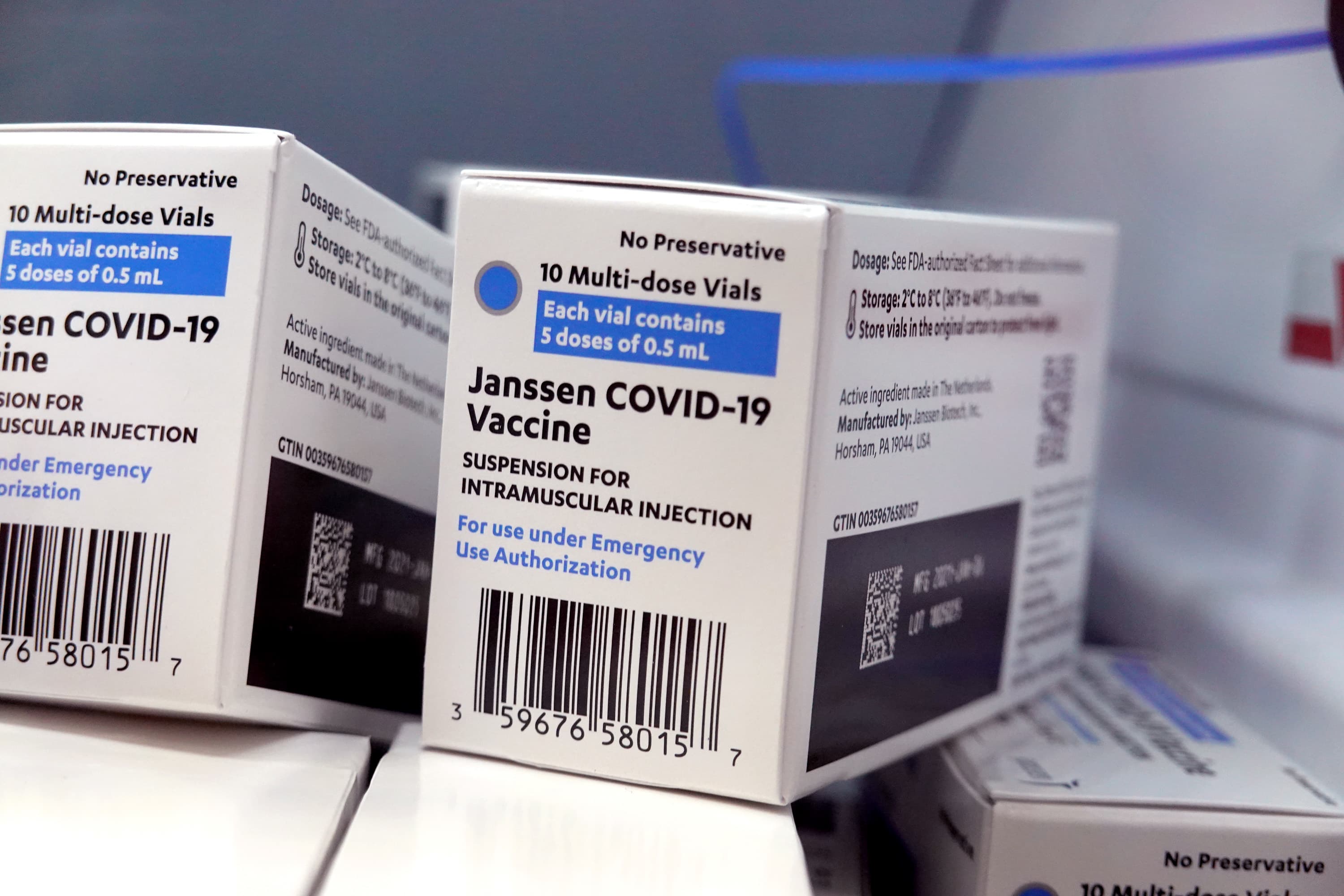Doctors say side effects can indicate that the vaccine is working and that the body is forming a robust immune response.
As more people get vaccinated, more people are also starting to report side effects from the three approved COVID-19 vaccines: Pfizer, Moderna and Johnson & Johnson.
But how do the side effects differ?
WATCH ANYTIME FOR FREE
Stream NBC10 Boston news for free, 24/7, wherever you are. |
According to the Centers for Disease Control and Prevention, there are several common side effects.
On the arm where you got the shot:
Get updates on what's happening in Boston to your inbox. Sign up for our News Headlines newsletter.
- Pain
- Redness
- Swelling
Throughout the rest of your body:
- Tiredness
- Headache
- Muscle pain
- Chills
- Fever
- Nausea
Moderna reports that more people experience fatigue and headaches than those who have received the Pfizer vaccine.
Johnson & Johnson had reported the least amount of side effects, but on Tuesday, the Food and Drug Administration and the CDC issued a statement recommending a pause in the use of the vaccine "out of an abundance of caution" after six women between the ages of 18 and 48 developed a rare blood clotting disorder and one died.
Doctors say side effects can indicate that the vaccine is working and the body is forming a robust immune response.
Vaccines that are more effective have more side effects because they work so well.

Young people and women often experience more side effects than older adults and men.
Doctors say every person's response is different, and even if you don't experience many side effects, you're making antibodies which protect against the virus.
The CDC recommends seeking medical attention if you experience persistent redness or tenderness at the injection site, if your side effects don't seem to be going away after a few days or if you experience a severe allergic reaction.



